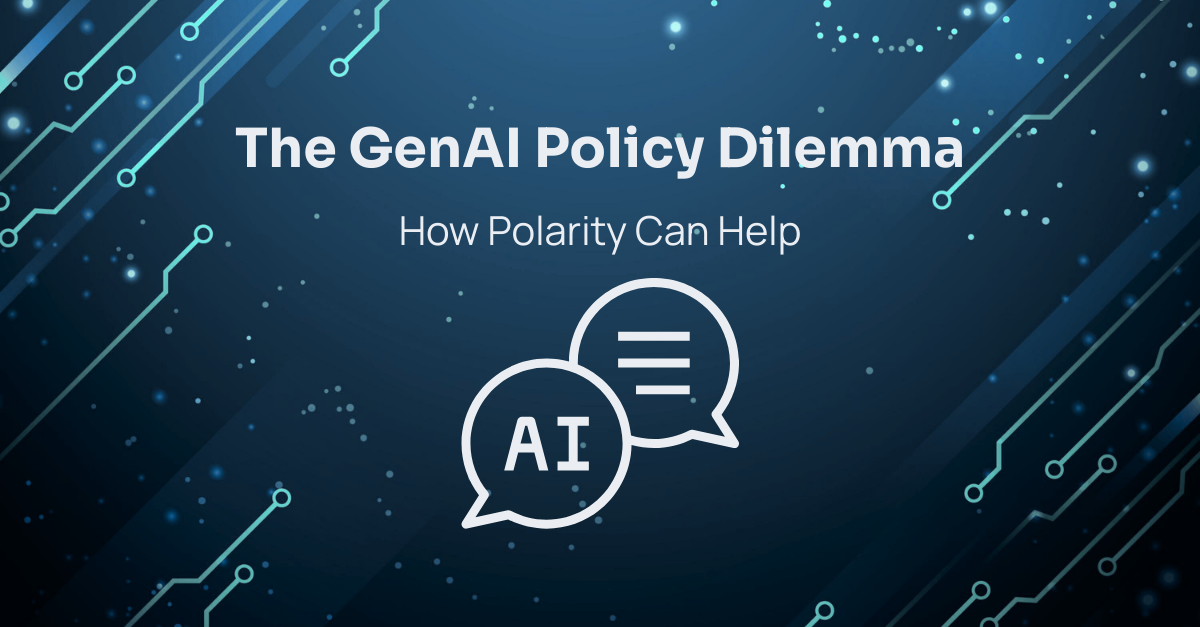Posted
Generative AI (GenAI) tools like OpenAI’s ChatGPT and Google’s Gemini offer unparalleled productivity gains—but at what cost?
According to the 2025 Verizon Data Breach Investigations Report, 15 percent of employees access GenAI on corporate devices at least once every 15 days—and of those users, 72 percent do so with personal (non-corporate) accounts while another 17 percent use corporate credentials outside of enterprise SSO protections.
This “shadow-AI” behavior creates a massive blind spot: every prompt, document upload, or code snippet sent to a public AI service potentially exposes your proprietary data, customer PII, and intellectual property to third-party servers—often without any centralized logging, policy enforcement, or data sanitization.
The Unseen Threat: Data Leaking to Public AI Services
GenAI’s ease of use is also its Achilles’ heel.
Public AI portals:
- Lack Enterprise Authentication – You cannot enforce MFA, SAML/SSO, or conditional-access policies, so any personal login can connect.
- Offer No Centralized Audit Trail – Security teams have zero visibility into who sent what, when, or to which LLM.
- Enforce No Inline Data-Loss Warnings – Users aren’t prompted about sensitive content before it leaves your network.
- Enable Uncontrolled Usage – Employees can—and do—use these services for personal tasks, compounding the risk.
Even an innocuous request—“Summarize this contract clause”—can inadvertently broadcast confidential details to an external provider, leaving defenders scrambling to detect and remediate a breach that’s already occurred.
Polarity: Bringing Enterprise-Grade Control to GenAI
Polarity flips the model by embedding a secure, governed AI interface directly into existing workflows:
- Enforced SSO & Identity Control – All GenAI requests—whether to ChatGPT, Google Gemini, or your private model—are brokered through corporate SAML/SSO. No more personal accounts slipping through the cracks.
- Centralized Audit & Policy Engine – Every prompt, response, and file upload is logged via Polarity Source Analytics (PSA) into your SIEM or case-management system. Analysts and security teams gain real-time visibility into AI usage patterns and can flag or quarantine risky queries on the fly.
- Automated Disclaimers & Input Validation – Customizable, on-screen reminders and sanitization rules surface before any data leaves your environment—reducing the likelihood of submission of high-risk data types like SSNs or credit-card numbers.
- Focus Prompting & Data-Scope Control – Polarity’s “transforms” and “condensers” pre-filter and condense integration data into a minimal, relevant payload for the LLM. This optimizes performance and ensures only context-approved information is shared.
Expanding Analyst Capabilities with Secure AI
Beyond risk reduction, Polarity supercharges analyst workflows through a unified, no-code interface that supports four core AI capabilities:
- Query & Answer – Ask natural-language questions of any LLM (ChatGPT, Azure, Google) without becoming a prompt engineer.
- Summarize – Generate concise, authoritative summaries—complete with source citations—for rapid information synthesis.
- Interpret – Feed raw data (e.g., NMAP scans, system logs) into an LLM to receive next-step recommendations from defensive, offensive, or investigative viewpoints.
- Extrapolate – Perform federated searches across internal and external sources, visualize relationships on interactive graphs, then refine results through AI-driven noise reduction.
Crucially, Polarity embeds a feedback loop—inline dropdowns and action buttons empower analysts to rate AI outputs, submit corrections to stakeholders, or trigger follow-up tasks in your ticketing system, driving continuous improvement.
Request a demo to explore how Polarity can help you safely unlock the productivity gains of generative AI—without leaving your data unprotected.

